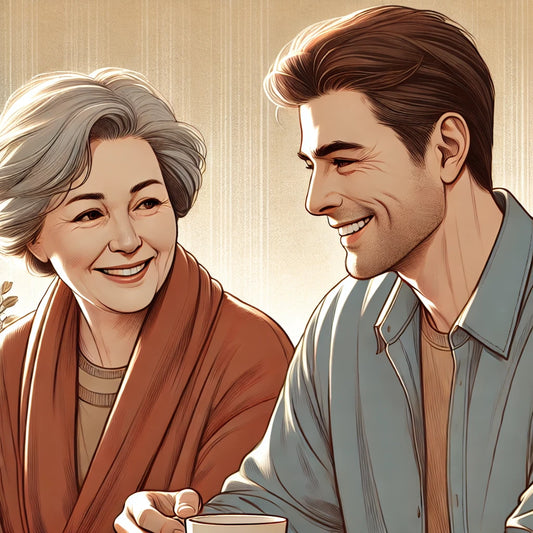Introduction:
Children are inherently curious with vibrant imaginations. One way they explore and understand their world is through play. A common and often innocuous form of play is 'playing doctor.' While it's natural for children to assume various roles during playtime, parents may sometimes wonder how best to respond to this specific type of role-playing. Let's delve into why children play doctor, how parents can respond, and what to do if children undress during the game.
Why Do Children Play Doctor?
Playing doctor is a means for children to comprehend the world around them and process their own experiences. Imitating adults, such as doctors, provides them an opportunity to practice observational and communicative skills. Moreover, the game offers a chance to express emotions and experiences they might not articulate directly.
The Significance of Playing Doctor:
-
Imagination and Creativity: Playing doctor stimulates children's imagination, fostering creativity. They can devise new scenarios and assume various roles, crucial for their cognitive development.
-
Social Skills: During doctor play, children learn to collaborate, communicate, and express empathy, contributing to the development of social skills they'll use throughout their lives.
-
Emotional Expression: The game provides a safe space for children to express and comprehend their emotions. For instance, they may express fear of a doctor's visit or communicate their recent experience with illness.
How to Navigate as a Parent:
-
Observe Without Judgment: Allow your children to play freely and observe without immediate judgment. Encouraging their creativity and granting space for exploration is vital.
-
Encourage Communication: Prompt your child to share details about their game. Ask questions like "What kind of doctor are you?" or "What do you do in your doctor's office?" This provides insight into their thoughts and emotions.
-
Promote a Positive Health Attitude: Utilize the opportunity to discuss the importance of health with your children and how doctors help people. This may alleviate any fears and foster a positive outlook on medical care.
-
Join the Play: Occasionally participate in your children's play. This strengthens your bond and offers a chance to better understand their world.
What If Children Undress During the Game?
There may be instances where children undress during doctor play. In such cases, it's crucial to react calmly, understanding that this behavior often stems from curiosity and innocent exploration of the human body. Consider the following tips:
-
Stay Calm: Maintain composure and avoid overreacting. Children often experiment with their bodies as they attempt to understand various aspects of adulthood.
-
Maintain Boundaries: Clearly establish boundaries as a parent. Calmly communicate to your children that playing doctor is acceptable, but clothes should remain on during the game.
-
Educational Opportunity: Seize the opportunity to discuss, in an age-appropriate manner, topics such as privacy, physical boundaries, and respect for others.
-
Introduce Dress-Up: If undressing persists, consider incorporating dress-up as part of the doctor play. This allows curiosity to be satisfied without crossing established boundaries.
-
Discuss with Parents and Teachers: To ensure alignment among all involved parties, discuss the behavior with the parents of the friend your child is playing with. It's also advisable to inform the teacher, addressing any concerns at school.
-
Stay Engaged: Maintain open communication with your child and encourage them to ask questions. By staying engaged, you guide the natural process of self-discovery while upholding clear boundaries.
Conclusion:
Playing doctor is a natural and healthy aspect of childhood, where children utilize their imagination to understand the world around them. As parents, it is our responsibility to embrace, observe, and guide this play in a respectful manner. In cases where children undress during the game, remaining calm, establishing clear boundaries, seizing educational opportunities, and maintaining communication with parents and teachers are essential. This way, we stay involved in our children's natural process of self-discovery, ensuring the game remains a positive and educational experience.





